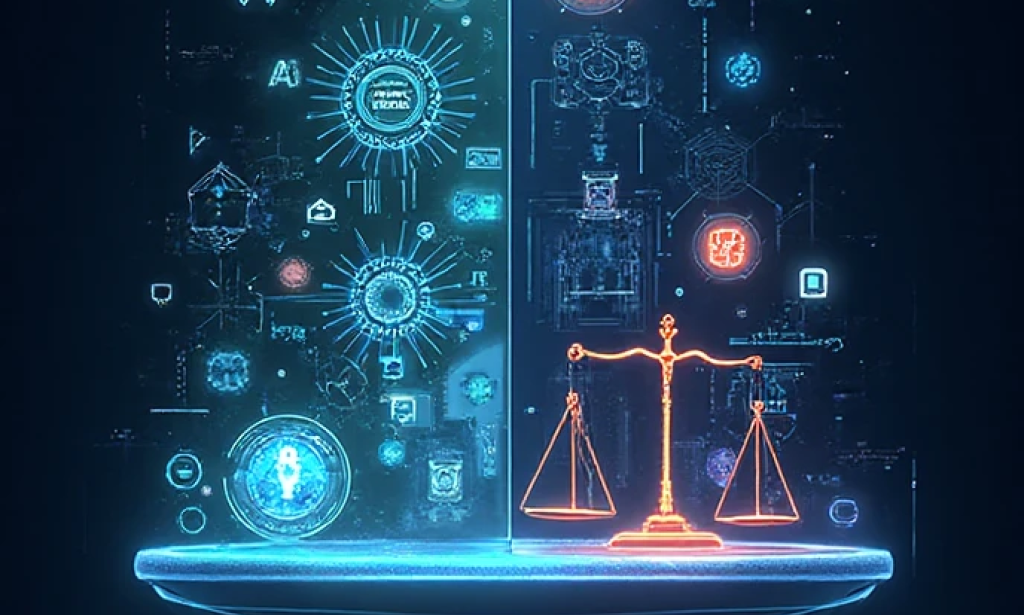Introduction
Artificial Intelligence (AI) has rapidly shifted from experimental technology to a mainstream tool influencing nearly every sector. In 2025, AI drives innovation in healthcare, finance, education, and even creative industries. Yet, with this rapid growth comes growing ethical concerns. Bias, privacy violations, and job displacement are no longer theoretical risks — they are real issues. To ensure AI benefits society, it is crucial to balance innovation with responsibility.
Bias and Fairness in AI Systems
One of the most pressing ethical challenges is bias. AI models learn from data, and when that data reflects social inequalities, the output becomes biased. This can lead to discriminatory hiring practices, unfair loan approvals, or skewed law enforcement decisions. To address this, organizations must use diverse training datasets, implement fairness testing, and make models more transparent.
Privacy and Data Protection
AI depends on massive amounts of personal data. From facial recognition to predictive analytics, the risk of privacy violations is high. Without proper safeguards, individuals may lose control over their personal information. Governments are introducing stricter data protection laws, while companies are exploring privacy-preserving AI techniques to maintain user trust.
Accountability and Transparency
When AI systems cause harm, accountability becomes a complex issue. Is the developer responsible, or the company deploying the system? Clear accountability frameworks are needed, along with transparent systems that explain decision-making processes. In 2025, regulators and businesses alike are working toward clearer standards and ethical guidelines.
Impact on Employment and Society
AI-driven automation is reshaping industries. While repetitive tasks are increasingly automated, new opportunities are emerging in AI system design, monitoring, and regulation. Ethical responsibility lies in preparing the workforce through reskilling and upskilling initiatives. Governments and companies must ensure that economic inequality does not worsen due to technological shifts.
Balancing Innovation with Responsibility
The ultimate challenge is finding a balance. AI has the potential to transform society positively, but unchecked use can harm individuals and communities. Responsible innovation requires collaboration between governments, businesses, and civil society. Ethical AI is not just a technical goal — it is a social necessity.
Conclusion
Artificial Intelligence in 2025 is more powerful than ever, but its future depends on how responsibly it is developed and deployed. Addressing bias, protecting privacy, ensuring accountability, and managing employment shifts are key steps in building ethical AI systems. The success of AI will not be measured by speed or scale alone, but by its alignment with human values.
References
- McKinsey & Company. Ethics in AI: Building Trust in the Age of Automation.
- World Economic Forum. Responsible AI Framework 2025.



You must be logged in to post a comment.